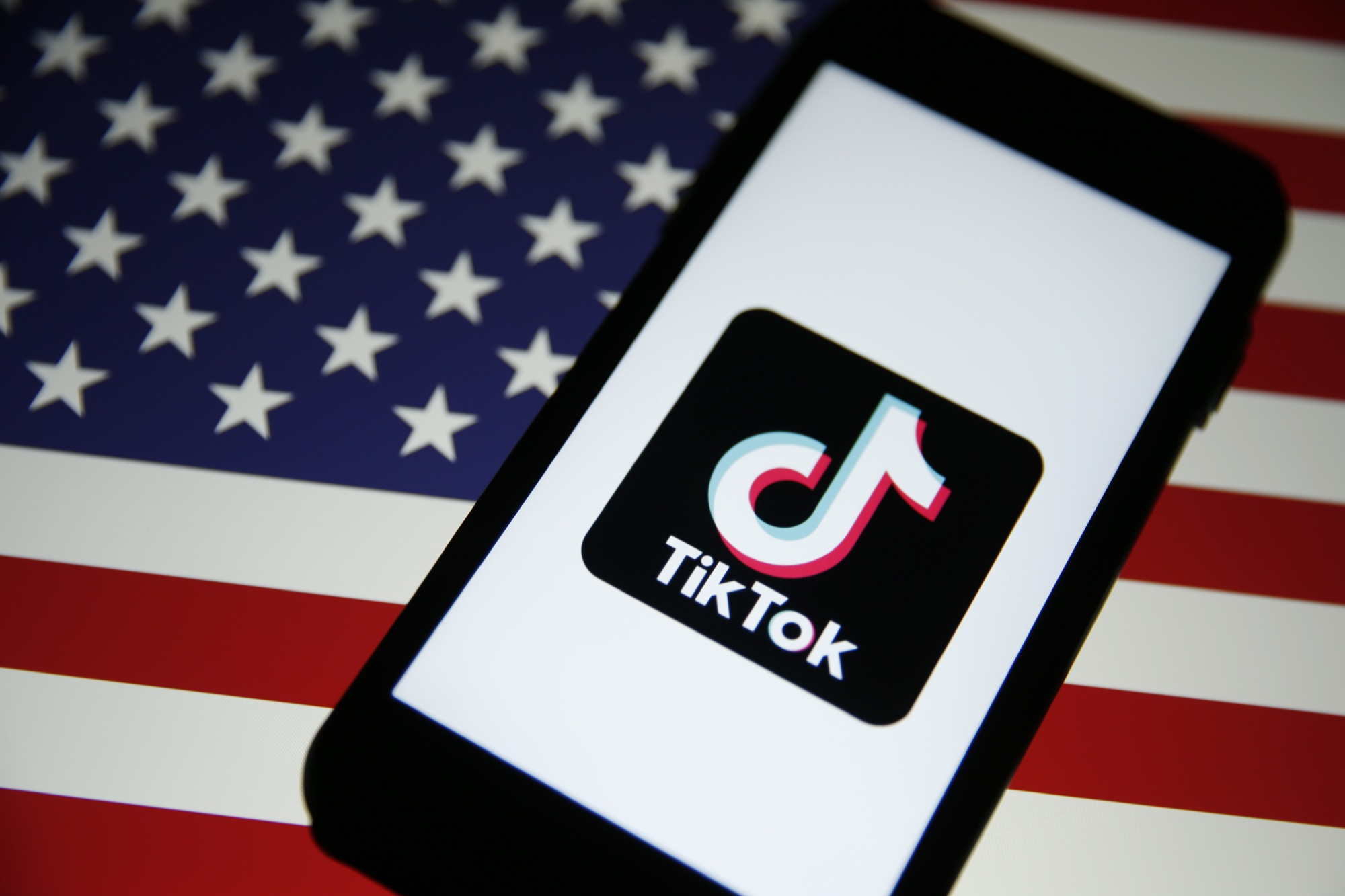Could the US ban TikTok?

A bill that accuses TikTok of “unjustly” acting like a “bandit” has made its way through Congress and could ultimately result in the app being banned from the US.
In an uncommon display on Wednesday, the House passed the bill with a resounding vote of 352 members voting in favor and 65 against.
The parent company of TikTok would have six months to leave the company or risk having the app banned according to the House of Representatives’ bill.
Although there is still a long way to go in the Senate, President Joe Biden has stated that he will sign it should it pass Congress.
After it passed the House, TikTok CEO Shou Zi Chew stated that the bill would take “billions of dollars out of the pockets of creators and small businesses”
“It will also take away your TikTok and put over 300,000 American jobs at risk,” Mr. Chew stated in a video that was uploaded to both TikTok and X.
Several TikTok creators have reported that they feared for their livelihoods and businesses in the event that the bill became law. Some of them claimed to purchase products from small businesses and showcase them on the platform.
Mr. Chew of TikTok also urged its users to oppose the vote and get in touch with their legislators.
ByteDance, a Beijing-based company with Cayman Islands registration, is the owner of TikTok.
China promises to take “necessary measures” to safeguard its interests.
Chinese Foreign Ministry spokesman Wang Wenbin stated that the bill’s vote “runs contrary to the principles of fair competition and justice” during a news conference in Beijing on Thursday.
“When someone sees a good thing another person has and tries to take it for themselves, this is entirely the logic of a bandit,” Mr. Wang stated.
US lawmakers have voiced concerns about the app, claiming it poses a national security risk because it may contain data belonging to Americans that is in the hands of China. The owners of TikTok have denied those claims.
TikTok is currently valued at an estimated $268 billion due to its significant growth in both reach and advertising revenue.




